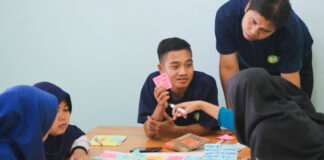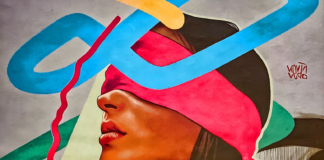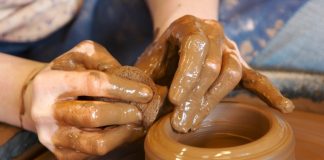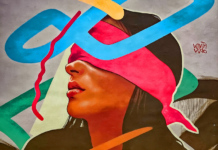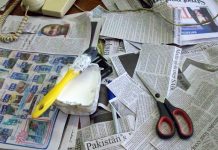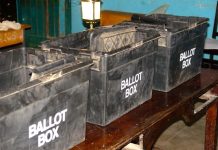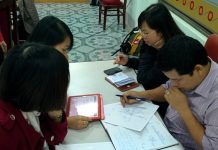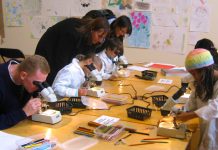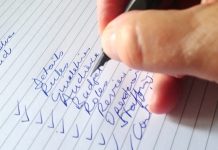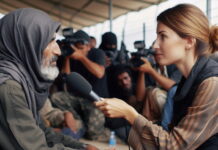Advanced
Our advanced section explores specialised topics for experienced journalists seeking to deepen their expertise. Develop your skills in data journalism, multimedia storytelling, investigative techniques, and complex narrative structures that elevate reporting to the next level. All our material is free to download, adapt and use. Scroll down our site map for all the content in this and other sections.
Information disorder – mapping the landscape
Information disorder is everywhere according to journalist Claire Wardle. Here she sets out the categories that reporters need to be aware of and research.
Disinformation and misinformation
Journalists attempting to deal with 'fake news' need to understand the difference between disinformation and misinformation.
Avoiding manipulation
One of the roles of the journalist is to scrutinise the decisions made by politicians and report the implications to the public.
Disinformation and misinformation
Journalists attempting to deal with 'fake news' need to understand the difference between disinformation and misinformation.
Old news is no news, updates are essential
Journalism involves an ongoing commitment to update and rework the material we are producing to ensure that it remains relevant, reflects latest developments, and continues to inform.
Climate change glossary
The following is a list of some of the common climate change terms used by scientists, environmental agencies, governments, activists, and journalists.
Editorial independence during elections
Election coverage is one of the most critical responsibilities of the media. It shapes public discourse, informs voters, and plays a vital role in safeguarding democracy.
Planning a radio current affairs programme
Explore the difference between radio news and daily current affairs programmes, and learn how they work together to keep audiences fully informed.
Spotting errors in your own writing
Most journalists need a second pair of eyes to check through their copy in order to spot any factual, grammatical or spelling mistakes.
False equivalence and false balance
Journalists can sometimes present an inaccurate or false version of events by trying too hard to 'balance' a story or incorrectly treating elements of a story as being roughly equal.
Avoiding bias during election coverage
During elections politicians will often accuse media organisations and their journalists of bias. We look at the challenges of producing fair election coverage.
Covering climate change
Reporting on climate change presents journalists with major hurdles, as it's a topical, controversial subject rooted in complex scientific research.
Planning effective election coverage
Planning is essential for journalists to produce effective election coverage.
Specialisms in journalism
Specialist reporting means going beyond general news coverage in order to develop deep expertise, insight and trust in a particular subject area.
Using AI for story development
How artificial intelligence (AI) can help a journalist brainstorm a story in order to discover multiple news angles
